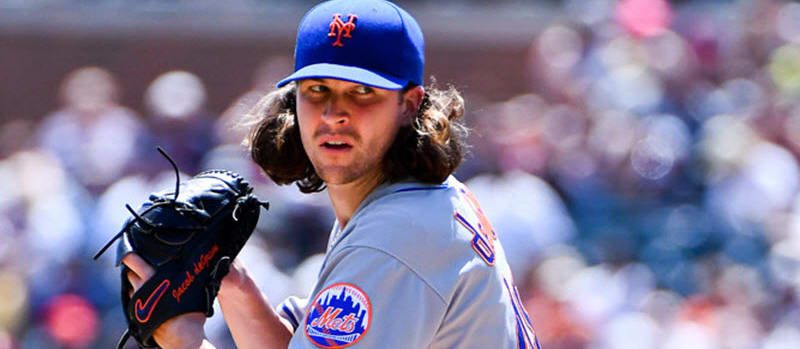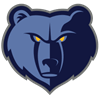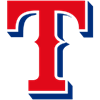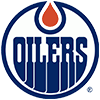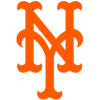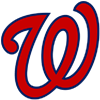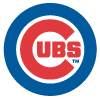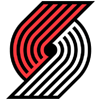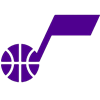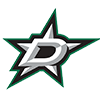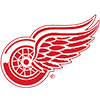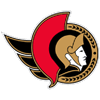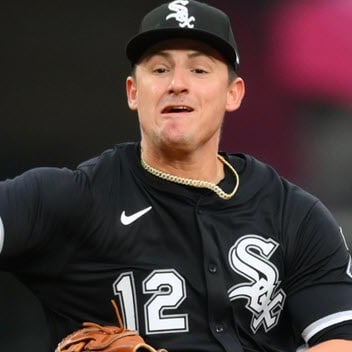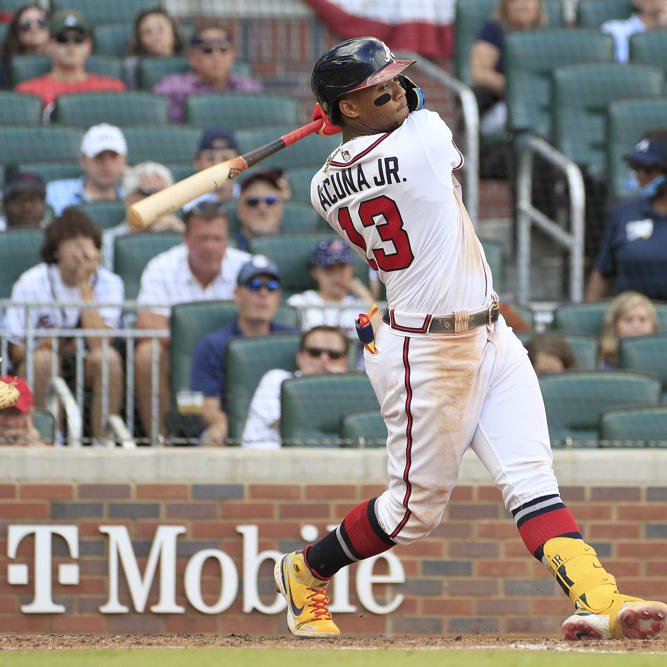After taking a week off, it is good to be back and enjoying some baseball. This week I look at player ownership percentages in cash games versus tournaments and why it is important. This is one of the toughest things to tackle as a new player to daily fantasy baseball. Most new players are not aware that there are sites that project ownership or even what it means.
Knowing who the public is going to be on is important in cash games because you are looking to beat half of the field and taking the "chalk" is actually a good strategy, which I will get into. Chalk is defined as the "favorite" or the public opinion play.
It doesn't mean you want to take the chalk at every position, but on pitching it is very important. Pitching is much more predictable and constant versus hitting. So, if 75 percent of the crowd is on a pitcher and that pitcher does well, you benefit. Even if the pitcher does poorly, that is still 75 percent of the opponents who suffer, so you can overcome it as 50 percent of the field finishes in the money.
Now, in a tournament it is a completely different story. You need to balance taking the chalk versus finding lower-owned players to distinguish yourself from the rest of the field. If a chalk player does poorly, your standing will suffer and difficult to overcome. Again, pitching is much more predictable, so having the chalk on
After taking a week off, it is good to be back and enjoying some baseball. This week I look at player ownership percentages in cash games versus tournaments and why it is important. This is one of the toughest things to tackle as a new player to daily fantasy baseball. Most new players are not aware that there are sites that project ownership or even what it means.
Knowing who the public is going to be on is important in cash games because you are looking to beat half of the field and taking the "chalk" is actually a good strategy, which I will get into. Chalk is defined as the "favorite" or the public opinion play.
It doesn't mean you want to take the chalk at every position, but on pitching it is very important. Pitching is much more predictable and constant versus hitting. So, if 75 percent of the crowd is on a pitcher and that pitcher does well, you benefit. Even if the pitcher does poorly, that is still 75 percent of the opponents who suffer, so you can overcome it as 50 percent of the field finishes in the money.
Now, in a tournament it is a completely different story. You need to balance taking the chalk versus finding lower-owned players to distinguish yourself from the rest of the field. If a chalk player does poorly, your standing will suffer and difficult to overcome. Again, pitching is much more predictable, so having the chalk on a pitcher is not as bad as taking all of the chalk on hitting.
It does not mean that you can never take chalk hitting, it just means you have to realize when you do what the consequences are. Also, in tournaments most of the chalk will be in the form of a four- or five-man stack from the same team because of the high risk/reward outcome. In cash games, you will see "value" hitters more popular as people need to save salary as they are spending more on pitching.
I started thinking about how people look at pitcher ownership on DraftKings. Nobody looks at the pairs ownership. We only look at the individuals, but that doesn't make sense because you have to start two. You can tell by the breakdown with everyone that took Jacob deGrom. While most paired him with either Joey Lucchesi or Max Scherzer, there was a long tail of 20 or so pitchers that got owned with deGrom. What that tells me is people started to build the lineup with deGrom, then built their hitting either with a stack or stars/scrubs, and whatever salary was leftover is who they took as a pitcher figuring that deGrom would more than makeup for a bad game by the SP2.
You will see below that DeGrom was at 84 percent ownership!!! That really made me want to look at the contest results to see what people did. I ended up going with deGrom and Jordan Lyles, who was ironically facing Lucchesi. I could not pass on deGrom's matchup against Miami and Lyles has been one of the most profitable pitchers in baseball. I did not care that Lyles was very low owned.
I like to look at data from full slates, and Fridays are good for those. The data is from Friday, May 17, on DraftKings.
Cash Game – 915-person $10 double up. There was a total of 27 pitchers owned.
Ownership
Jacob deGrom – 84.33%
Joey Lucchesi – 42.98%
Max Scherzer – 23.61%
Frankie Montas – 11.10%
Jefry Rodriguez – 8.92%
Trevor Richards – 5.33%
Aaron Sanchez – 3.59%
Merrill Kelly – 3.16%
Cole Irvin – 2.72%
Gerrit Cole – 1.41%
Martin Perez – 1.31%
Jon Gray – 1.20%
Matt Harvey – 0.87%
Ivan Nova – 0.87%
Rich Hill – 0.65%
Cole Hamels – 0.65%
Miles Mikolas – 0.65%
Rick Porcello – 0.54%
CC Sabathia – 0.44%
Max Fried – 0.33%
Jose Leclerc – 0.22%
Marco Gonzales – 0.22%
Jhoulys Chacin – 0.11%
Brad Keller – 0.11%
Jeff Samardzija – 0.11%
Daniel Norris – 0.11%
323 of 775 lineups with deGrom finished in the money. The pitching ownership was concentrated around deGrom and usually Lucchesi or Scherzer. But we also where most of the pitchers who were less than 5 percent owned were taken with deGrom as probably who ever could fit into the remaining salary slot.
Here are some of the observations.
Pitching Combinations – 915 entries
DeGrom/Lucchesi
- 328 lineups (36 percent owned)
- $19,600 salary
- 20.6 total points
- 108 lineups finished in the money (33 percent)
In hindsight this should have worked, as both had great matchups but they were #1 and #2 in percentage owned. While it is a good practice to have some chalk in your lineup, getting tied to both of the highest owned pitchers leaves you in a tough spot even in a cash game.
DeGrom/Scherzer
- 190 lineups (21 percent owned)
- $22,500 salary
- 17.35 Total points
- 65 Lineups finished in the money (34 percent)
The takeaway here is that Scherzer was facing the Cubs and it was not optimal to spend such a huge percentage of money on pitching in this spot.
DeGrom/Montas
- 67 Lineups (7 percent owned)
- $20,200 Salary
- 36.25 Total points
- 59 Lineups finished in the money (89 percent)
This combination was interesting as it was about the same price as deGrom/Lucchesi. The pendulum swing is that Montas was -190 on the road against the Tigers versus Luccesi being -169 at home against the Pirates. Vegas was telling you that Montas was better, yet Lucceshi was the public play. Also, the A's implied run total was 5.6 to 4.0 and the Padres were only 4.0 to 3.1.
The key learning points is that you should think twice about going all in on the chalk for both of your starting pitchers. Also do not be afraid to have your SP2 with low ownership as people will strongly gravitate toward a group of 3-4 pitchers and stick with them.
Paying more than $20,000 combined for your starting pitching on DraftKings will leave you in a tough spot for hitting and force more of a stars/scrubs approach. Saving even $1,000 on your SP2 will be enough to pay up for a couple hitters and go more balanced.


